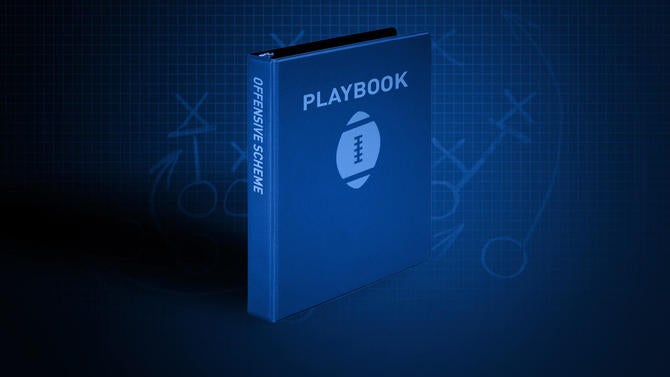Following in the footsteps of our college basketball brethren here at CBS Sports, college football writers Dennis Dodd, Chip Patterson and Barrett Sallee spoke with one-fifth of the 130 active coaches leading FBS teams entering the 2017 season. They asked for honest opinions on everything from NCAA rules to social issues to their peers in the profession. We shared their candid thoughts over a two-week period leading into the season.
When the Wakeyleaks scandal hit during the 2016, it seemed like a one-off issue. But in our anonymous poll of college football coaches, one in four admitted that they have been the victim of having a game plan, plays or some other proprietary information either stolen by an opponent or given to them by some nefarious means. We asked ...
Do you believe an opponent has ever had proprietary information about your team entering a game?
| Answer | Responses |
|---|---|
Yes | 26 percent |
No | 74 percent |
Explain yourselves
- "Is there insider trading on Wall Street? Is college football -- in various parts of the country -- at least as big a business as Wall Street?"
- "I know there are schools that go through every trash can before and after a game [to make sure nothing sensitive is left behind]."
- "I get this call. You can tell the guy's voice is all hurried, and he's on this pay phone. The [opponent] had this field goal fake. The guy says, 'When No. 3 is in, [the opponent] is going to do this.' I made him repeat it. Sure enough, first drive the ball is on the 28 or 33 -- and guess who comes trotting out there? No. 3. … Basically everybody starts yelling and pointing, and we basically talked them out of it. They call timeout and take No. 3 off the field and kick a field goal. For one, I got the call. Two, they [were going to run the play]."
"I have been involved with information being sent. It has happened to me, a long time ago. But a lot of that stuff is overrated as to how it will impact the game."

Breaking it down
College football has moved on from one of the biggest cheating scandals of our time. No, not USC, Ohio State or Penn State -- Wake Forest.
If that doesn't immediately register, you were either never aware or underestimated the impact of Wakeyleaks. The Wake Forest color man -- in apparent retaliation to not becoming a member of Dave Clawson's staff -- provided proprietary scheme information to opponents Army, Virginia Tech and Louisville. At least.
An Army investigation that led to a suspension of defensive coordinator Jay Bateman provides probably the most intimate record of the scandal.
As we wrap up our Candid Coaches series, the question must be asked: Was Wakeyleaks a one-off or a symptom of something larger? Was that color man, Tommy Elrod, just a vengeful loon or an example of schools doing anything to get an edge?
Almost three-fourths of head coaches responding to our survey said there was no evidence of an opponent ever having proprietary game information about their team.
But there is a reason team underlings clean out trash cans before and after each game. They're looking for information (at home games) and trying to remove any evidence of it (at road games).
One coach I talked to for the survey remains convinced a conference opponent had some of his plays. When an anonymous source called to give him that rival's fake field goal play, the coach gladly accepted that information.
This series started with some startling revelations about NCAA cheating. It concludes with a discussion of on-field cheating.
There is a distinction to be made. The normal sign-stealing stuff doesn't count. As the Army investigation concluded, that sort of thing is considered "ethical."
We're talking proprietary info that can actively be used against an opponent.
Once again, there isn't a majority, but there are some juicy stories from the minority who have experienced this sort of thing.
And it isn't going to end anytime soon.
"Is there insider trading on Wall Street?" one coach asked. "Is college football in various parts of the country at least as big a business as Wall Street?"
Of course. That's what makes the game both great and ripe for abuse.
















